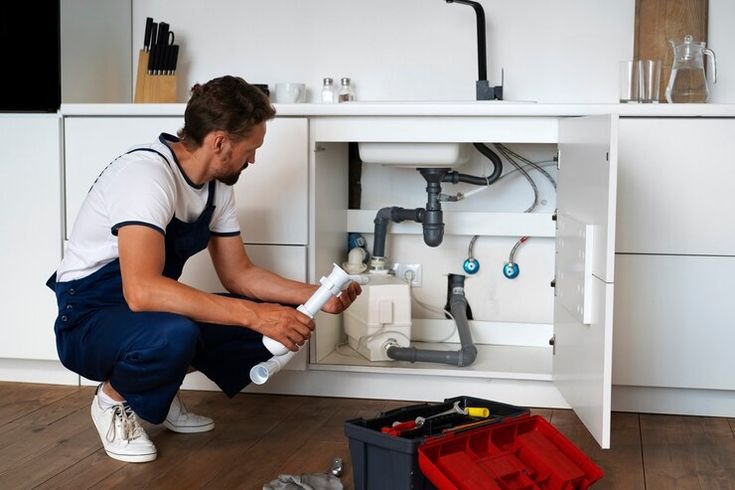Every home runs on a network of unseen systems, and plumbing is one of the most vital. Water flows in, waste flows out, and most homeowners only notice it when something goes wrong. That’s where a professional plumber steps in, not just as a fixer of leaks but as an architect of efficiency and peace of mind. Residential plumbing is more than pipes and drains—it’s about comfort, safety, and functionality.
Assessing the Health of the Entire System
A skilled plumber begins by evaluating the full plumbing layout of a home. That means more than looking at the visible faucets or toilets. They inspect the water pressure, pipe condition, drainage speed, and even the materials used behind the walls. A system might be working, but that doesn’t mean it’s working well. By identifying outdated fixtures, hidden leaks, or corrosion early on, a plumber helps prevent costly emergencies down the line. These assessments are a vital first step toward improvement.
Optimizing Water Flow Through Smart Plumbing Upgrades
Plumbing refers to the system of pipes, fittings, valves, and fixtures that bring clean water in and take waste water out. When this system is outdated, inefficient, or poorly designed, it affects the daily life of everyone in the house. A professional plumber can recommend and install modern plumbing upgrades like low-flow toilets, tankless water heaters, and high-efficiency showerheads. At the end of this process, not only does the water flow better, but energy bills often go down—thanks to smarter plumbing.
Solving Drainage Issues with Precision and Skill
Nothing ruins a shower faster than standing ankle-deep in water that won’t drain. Or worse, a kitchen sink that backs up every time you do the dishes. Drainage problems are frustrating and usually caused by deeper issues like pipe buildup or poor slope design. Plumbers bring in tools like drain snakes, hydro-jetting machines, and even re-piping solutions when necessary. Their goal is not just to clear the blockage, but to fix the reason it happened in the first place.
Replacing Aging Fixtures to Improve Functionality and Safety
Old faucets, toilets, and water heaters don’t just look outdated—they’re often inefficient and prone to malfunction. A plumber evaluates these components and replaces them with modern alternatives that are safer, cleaner, and more effective. Water-saving technology, scald guards, and leak-proof fittings all enhance the home’s comfort. The plumber’s input ensures that every fixture does more than just work—it works better, longer, and more safely.
Enhancing the Entire Home with Expert Plumber Support
A plumber is a trained professional who installs, maintains, and repairs plumbing systems. Beyond fixing pipes, they bring years of experience in designing systems that are both functional and code-compliant. Their recommendations go beyond today’s issues. They consider how your household will use water over time—planning ahead for additions, renovations, or growing families. When a plumber steps into a home, they’re not just solving today’s problem. They’re future-proofing the whole system with expert care.
Conclusion
A well-maintained plumbing system doesn’t just happen on its own. It takes the eyes, hands, and tools of a knowledgeable plumber to keep things flowing as they should. From spotting hidden dangers to installing the latest technology, their work transforms ordinary homes into spaces of reliability and comfort.




